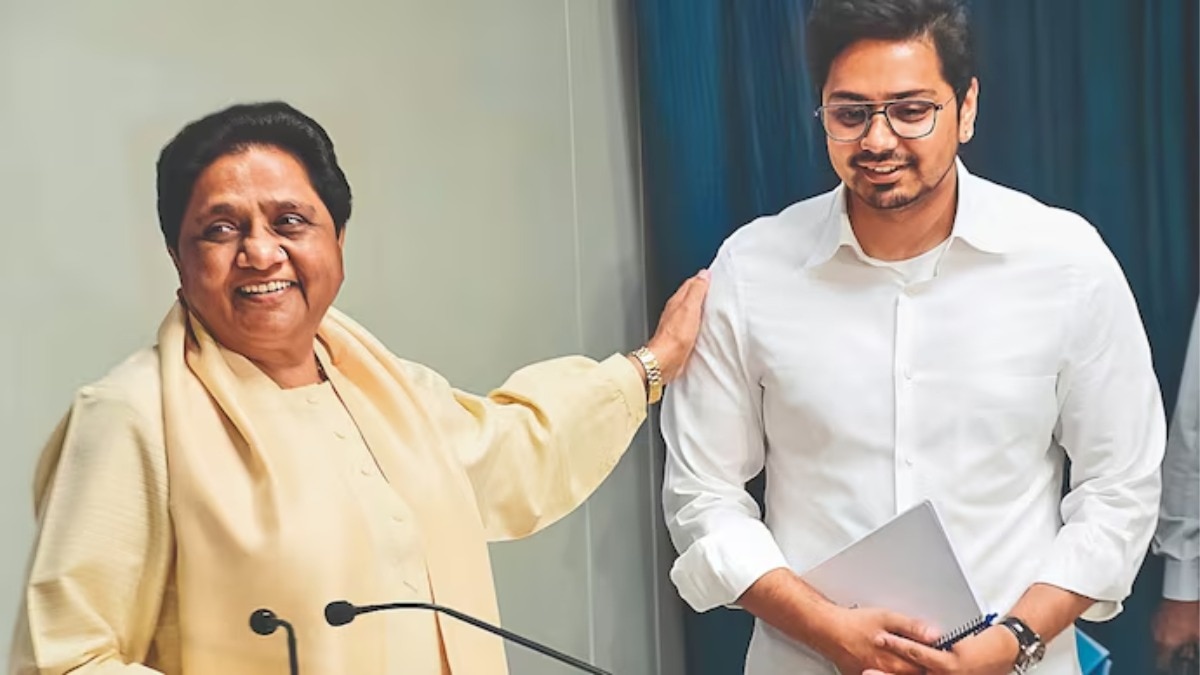“We don’t have one consolidated voice.”
Those were the words of Michael Osterholm, PhD, MPH, director of the University of Minnesota’s Center for Infectious Disease Research and Policy, on NBC’s Meet the Press approximately 6 months into the COVID-19 pandemic. As everyone focused on the science of the treatments and vaccines, he was a lone voice trying to say, we need to think about communication, too.
The problem was never addressed. The result has been the “botched” job of COVID-19 communication (as multiple sources have described it) followed by a loss of public trust in the government.
This lack of a singular voice may be getting even worse. As soon as the Biden administration took control of pandemic communications they began televised press briefings, not with one spokesperson (as Andrew Cuomo did so effectively for New York early on in the crisis), but by having three spokespersons on the screen. And now they appear to have added a fourth for 2022.

As depicted above, a recent White House press briefing on PBS News Hour featured not one, not two, not three, but four public health officials sharing the latest on the Omicron-targeting vaccines and the likely move to annual COVID-19 boosters.
The CDC even admitted to its communication failures as recently as last month when agency director, Rochelle Walensky, MD, MPH, conceded their public guidance during the pandemic has been, “confusing and overwhelming.” From the outset there has been a primary focus on science with insufficient focus on the social side of the challenge.
This can be seen in a single number: 1 out of 31.
What that refers to is the two teams of experts the Biden administration assembled to handle the pandemic: the Advisory Board and the White House Task Force. Together they had 31 members. Among them were 15 MDs, 6 masters of public health, 5 PhDs, but only one communications specialist.
That ratio says everything about the overall mistakes made in communications. It maps directly onto the comments of Andy Slavitt, former senior COVID-19 advisor to the Biden administration, who said he would give the White House an “A” on the science side of their COVID-19 response, but an “F” on the “social science” side of their efforts.
Despite this continued failure, the issue can and must be solved.
Broad communication begins with one simple, central, guiding principle, which is universally understood and respected in business and entertainment: the need for a singular voice.
In the business world you can see it embodied in the title of the 2012 bestselling book, “The One Thing,” about the value of focusing on the one most important task in any given project. Could the point be any clearer than the title?
In the entertainment world screenwriting guru Robert McKee describes in his foundational 1997 book, “Story,” the age-old principles of what he terms “classical design” for the telling of a story. This goes back at least 4,000 years to Gilgamesh, the first written record of human communication. McKee’s first section on this is titled, “Single versus multiple protagonists.” He explains that having more than one main character “softens the telling.”
A concise and compelling presentation of this principle can be found in the 2009 article, “Nicholas Kristof’s Advice for Saving the World.” In a brilliantly written essay, the two-time Pulitzer Prize winner describes the research of social psychologist Paul Slovic, PhD. Experiments show that donors will give eagerly to fundraising efforts for combatting starvation if told the story of one child who is at risk, but if the story told is about two children, the level of interest begins to drop. By the time the number is in the thousands the connection is gone.
Communication is at its most powerful with the singular. You can see it everywhere. There have never been U.S. co-presidents, corporations have single CEOs, and almost all major movies are directed by a single director. It’s how communication works.
Moreover, while it is essential in society that multiple voices are given representation, when it comes time to communicate, it must come from a single voice.
All of this begs the question of why the biomedical community thinks it gets to communicate through a different set of principles. It doesn’t.
The job of communication has indeed been botched. So, how can we correct things going forward?
First, we need more involvement from non-science voices. MDs and PhDs can’t do the job alone. Business and entertainment/media professionals understand broad communication on a daily basis. Their expertise needs to play an equal role in further efforts to deal with the ongoing pandemic and future crises.
Second, government at all levels must accept the basic principle of the singular voice. It is how the brain has been programmed over thousands of years. Breaking this basic rule is fun for artists who seek to provoke, delight, and amuse. But for the serious work of informing the masses on public health issues, there is no room for mistakes.
The public demands clarity, and clarity demands a singular voice.
Randy Olson, PhD, is the director of the ABT Framework Narrative Training program, author of “Houston, We Have A Narrative,” and 2020 recipient of the John P. McGovern Award for Excellence in Biomedical Communication from the Southwest Chapter of the American Medical Writers Association.
Note: This article have been indexed to our site. We do not claim legitimacy, ownership or copyright of any of the content above. To see the article at original source Click Here








.jpeg)
![[포토] 제너시스 BBQ, 다섯 번째 치킨릴레이 thumbnail](http://img.segye.com/content/image/2022/02/04/20220204511683.jpg)


